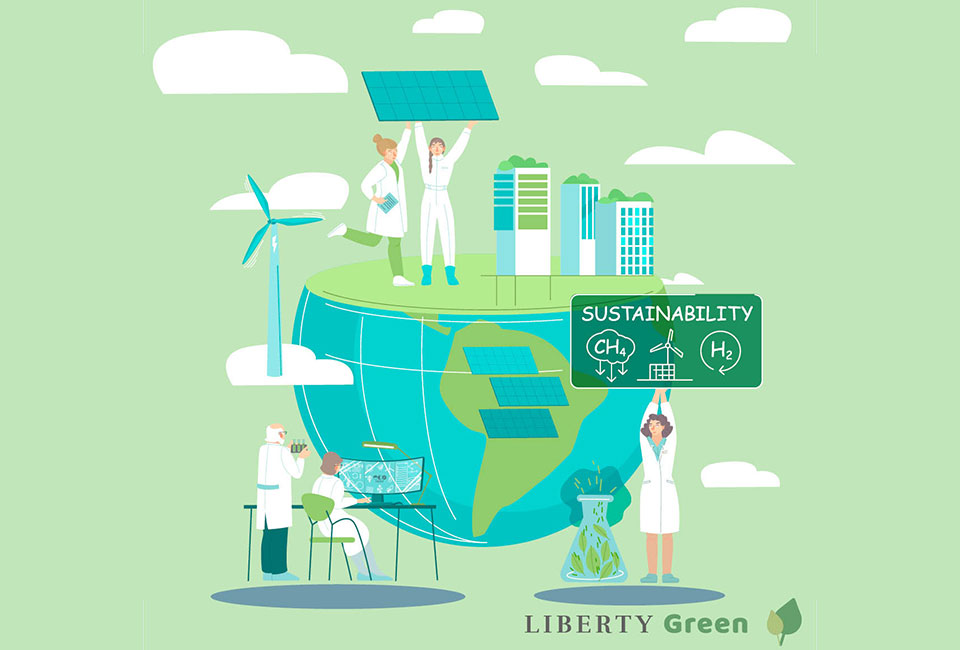
Most people see climate change as a major challenge. Technology should become part of the solution. The generation born since the first climate conference in 1995 is somewhat more optimistic.
In less than 50 days, the 28th World Climate Conference COP will begin. The Japanese technology company Epson has published its climate barometer for this year. Around 30’000 people from 39 countries were surveyed for this purpose. The survey took place in July 2023. The barometer was implemented for the third consecutive year. The 'Generation COP', which was born since the first climate conference in 1995 and which has to live with the increasing consequences of climate change for the longest time, was given special attention. Generation COP is now about 29 years old.
Climate change is considered the biggest problem
In fact, climate change is seen as the most central global problem by respondents across all generations and countries. However, survey participants expect technology to be a key factor in solving it. In Germany, over half (55%) of respondents see climate change as the biggest problem facing the world today - this is also in line with the global average. Climate change thus positions itself ahead of inflation (51%) and poverty (41%).
Those who have to live with climate change the longest show optimism
Even if there are regional differences: The Climate Barometer makes it clear that, globally speaking, the 'Gen COP' is the generation that is most optimistic about the future overall. Almost half of the respondents in this group (49%) believe that climate problems will be solved in their lifetime. In contrast, the age groups of 45 - 54 year-olds (42%) and people aged 55 and over are the least optimistic about the coming period, at 32%.
Opinions diverge between generations
It also became clear in the survey that there are different opinions between the generations regarding the measures that need to be taken to protect the climate. The measures taken themselves also differ between the age groups. Measured against the global average, the Gen COP shows lower activity to influence climate change in 9 of the 14 categories. They are also less active than their mothers and fathers in 12 of the 14 categories.
When it comes to personal climate protection measures, activity prevails over inactivity
On a global level, a good third of all respondents (38%) report that they have already reduced foreign travel for business or pleasure, and another 30% say they intend to reduce the number of trips abroad. On the other hand, however, almost one in six say they will never do so (17%).
Inactives can be found in all the areas surveyed, but are in the clear minority. These areas also include, for example, consuming fewer animal products (18%), boycotting unsustainable brands (15%) and encouraging friends and family to become better informed about the climate crisis (10%).
The reasons for the inactivity are probably manifold, as the authors speculate. They include geographic, cultural and economic factors, and probably also confidence in humanity's ability to solve the problem without taking individual action.
Technology as an «enabler»?
For the respondents, technology is one of the most important means of combating the effects of climate change. When asked what the most important measure companies could take to help solve the climate problem, there are five areas that are clearly cited most frequently. For example, 48% mention investment in environmental technologies. Almost as often, improvements in recycling and reuse of products (45%) are mentioned, followed by lower resource consumption (28%), encouraging employees to participate in measures for environmental protection (21%), and offsetting harmful effects of CO2 and plastics (21%).